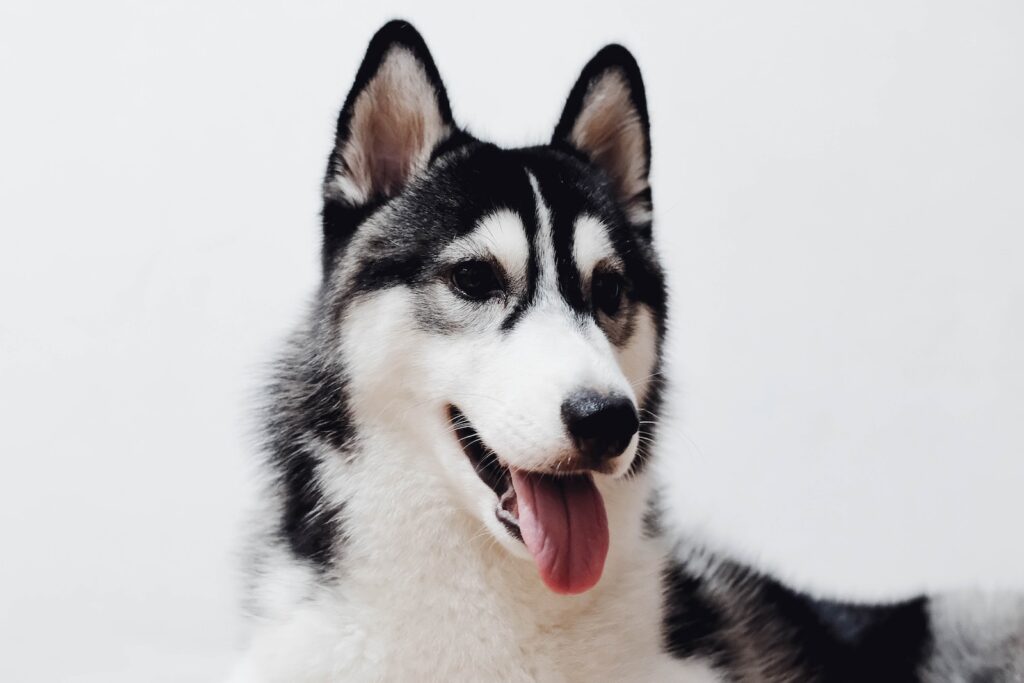Can Dogs Eat Garlic? — No, They can’t
Garlic is a popular ingredient in various cuisines, but when it comes to dogs, it is best to avoid feeding them this flavorful bulb. Garlic may add a burst of taste to our dishes, but it can be potentially harmful to our furry friends. So, if you’re wondering if dogs can eat garlic, the answer is a definitive no. Let’s explore why garlic poses risks to our canine companions.
Can Puppies Eat Garlic?
Just like adult dogs, puppies should not be given garlic either. In fact, puppies are even more susceptible to the adverse effects of garlic. Their developing digestive systems are not equipped to process garlic, making them more vulnerable to its toxicity. It is crucial to keep any dishes containing garlic away from curious puppies.
Why is Garlic Harmful for Dogs?
Garlic, when ingested by dogs, can cause a range of health problems. Here are some of the primary dangers associated with dogs consuming garlic:
Blood Cell Damage:
Garlic contains compounds that can lead to the destruction of red blood cells in dogs. This can result in a condition called hemolytic anemia, which can be life-threatening. Symptoms of anemia include weakness, lethargy, pale gums, and difficulty breathing.
Gastrointestinal Upset:
Feeding dogs garlic can irritate their gastrointestinal tract and lead to symptoms such as vomiting, diarrhea, and abdominal pain. These uncomfortable digestive issues can cause dehydration and may require medical attention.
Organ Damage:
Garlic toxicity can also harm other vital organs in dogs, such as the liver and kidneys. These organs play crucial roles in detoxification and overall health, and any damage can have severe consequences for your furry friend.
Symptoms to Watch Out For After Dogs Consume Garlic
- Weakness and Lethargy: Dogs may appear weak and tired, displaying a lack of energy.
- Vomiting: Garlic ingestion can cause dogs to vomit as their body tries to rid itself of the toxin.
- Diarrhea: Dogs may experience loose and watery stools after consuming garlic.
Immediate Steps to Take if Your Dog Eats Garlic
- Offer Fresh Water: Make sure your dog has access to plenty of fresh water to stay hydrated.
- Contact your vet: It is crucial to reach out to your veterinarian immediately and provide them with all the necessary information.
- Prevent future exposure: Ensure that garlic and any food items containing garlic are kept out of your dog’s reach.
Safe Alternatives to Garlic
While garlic is dangerous for dogs, there are safe alternatives that they can enjoy. Consider offering your dog these safer food options instead:
- Parsley — A brief explanation of why it’s a good alternative.
- Carrots — A brief explanation of why it’s a good alternative.
- Blueberries — A brief explanation of why it’s a good alternative.
Conclusion
In conclusion, garlic is not suitable for dogs and should be avoided in their diet. The risks associated with garlic consumption can lead to serious health issues such as anemia, gastrointestinal upset, and organ damage. It is crucial to recognize the symptoms of garlic toxicity and take immediate steps to ensure your dog’s well-being. Staying vigilant and providing safe alternatives are key to keeping our furry friends healthy and happy.
Frequently Asked Questions
Can dogs eat cooked garlic?
No, dogs should not consume cooked garlic either. The toxic compounds present in garlic remain even after cooking, posing the same risks as raw garlic.
Can garlic be used as a natural remedy for fleas in dogs?
No, garlic should never be used as a natural remedy for fleas. Garlic does not effectively repel or eliminate fleas, and its consumption can be harmful to your dog’s health.
Are there any breeds more susceptible to garlic toxicity?
While all dogs are sensitive to garlic, certain breeds, such as Japanese breeds like Shiba Inus and Akitas, can be more susceptible to the adverse effects of garlic. It is best to avoid garlic for all dog breeds.
Can garlic cause long-term damage to a dog’s health?
Yes, the toxic compounds in garlic can cause long-term damage to a dog’s health, especially if consumed regularly or in large amounts. It is essential to prioritize your dog’s well-being and prevent any exposure to garlic.






